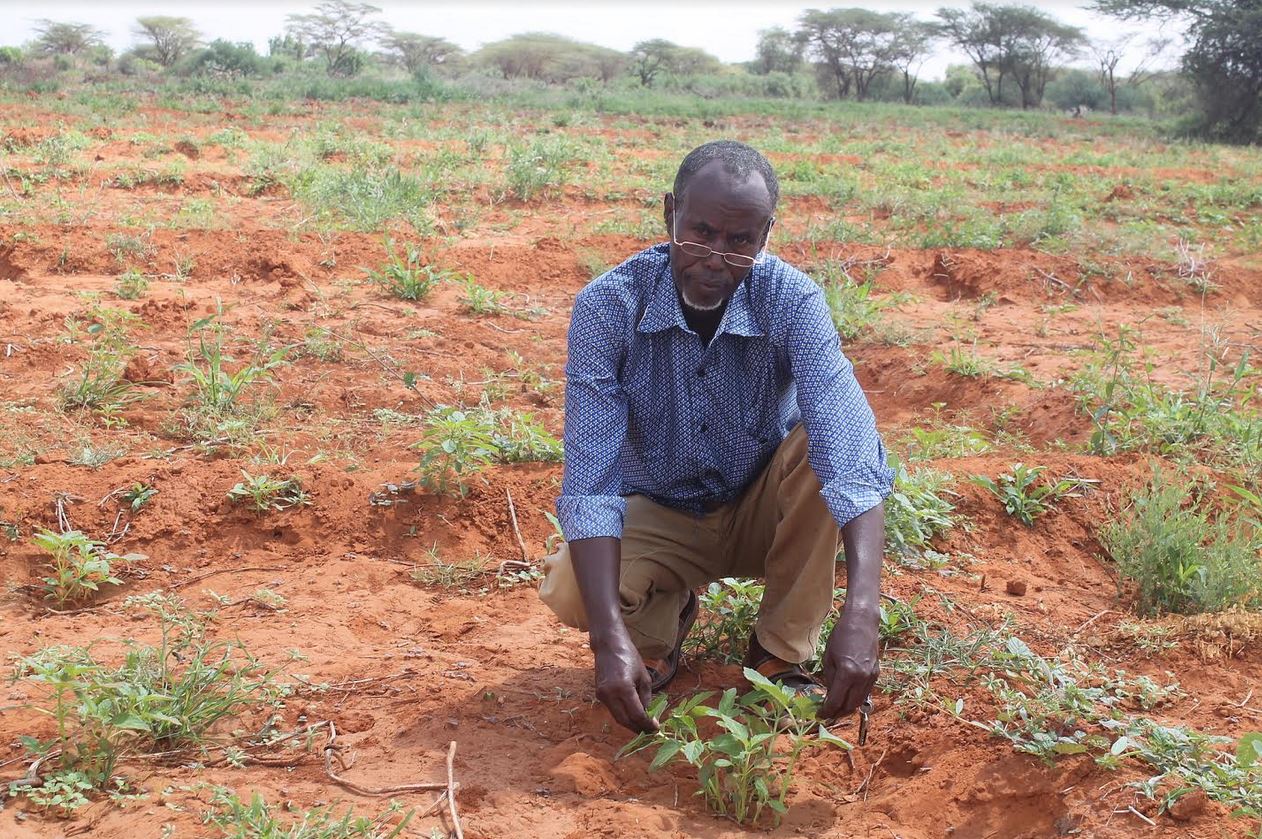×
The Standard e-Paper
Home To Bold Columnists

The sun baked soils of Mandera and neighbouring Counties in North Eastern Kenya where rainfall is but a rarity support the growing of sim sim, a wonder oil seed crop that thrives on little water and is a proved vanguard for good health.
In Mandera County where most of the crop is grown, the husbandry is courtesy of irrigation from River Daua that originates in Ethiopia and flows nine months in a year to join the River Juba in neighbouring Somalia.